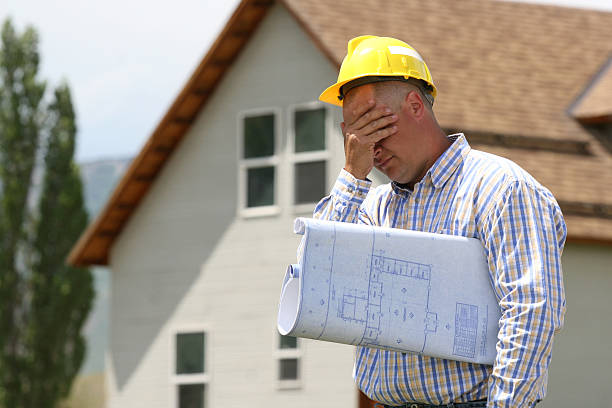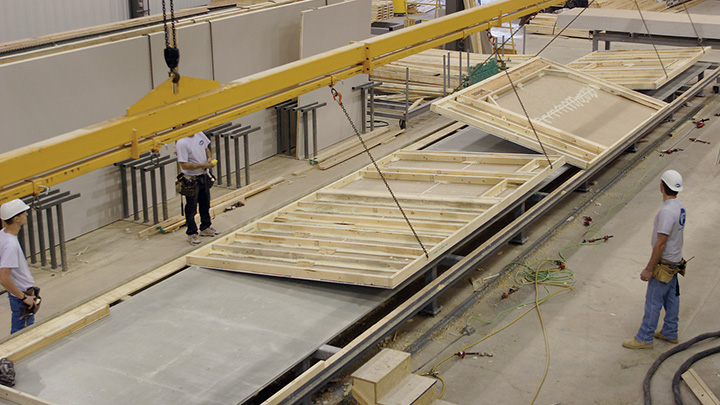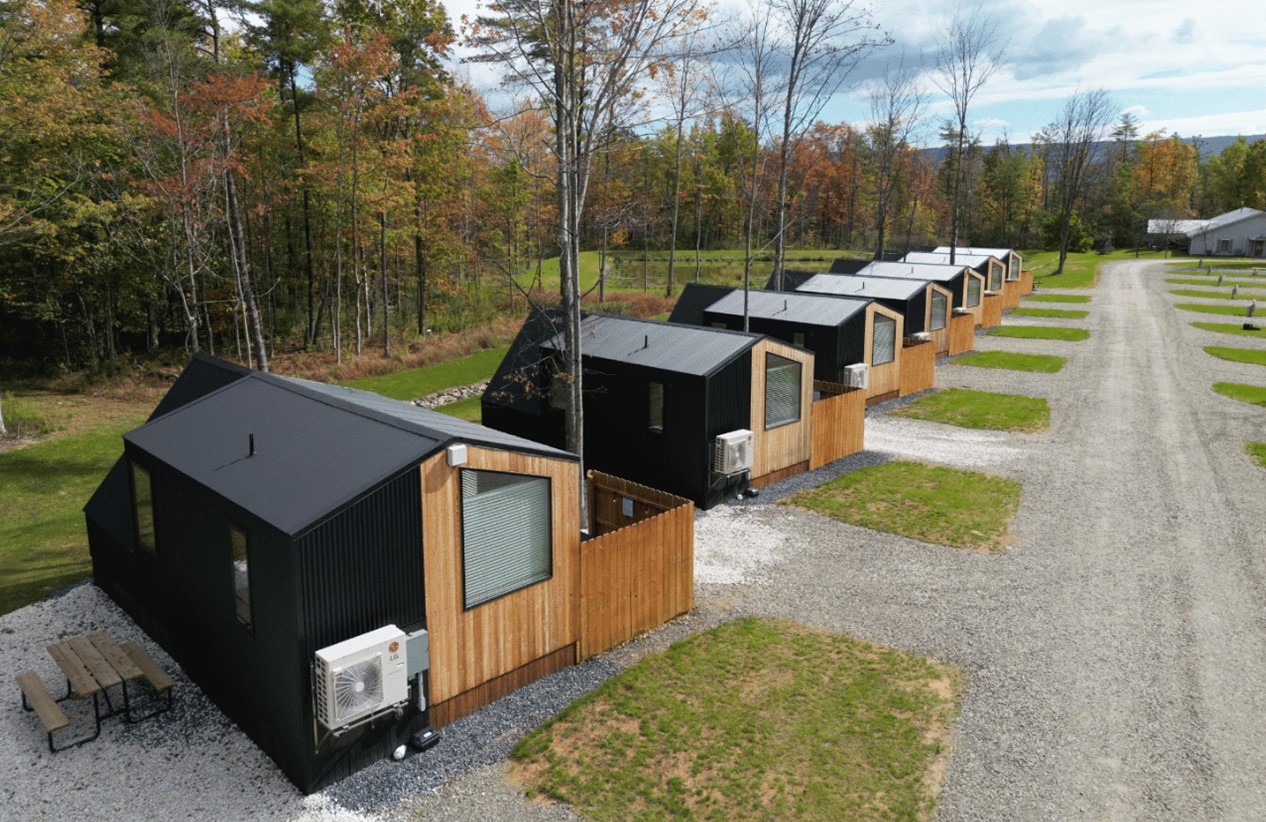For four decades, I’ve witnessed the lifecycle of businesses in the construction industry. I’ve seen ideas born at kitchen tables, fueled by a passion to build something better, only to watch those dreams unravel. The trajectory often follows a familiar pattern: financing sparks a startup, growth brings optimism, improvement fuels innovation, but then fear—unseen and insidious—sets in. It gnaws at the edges of progress, sapping energy and momentum until businesses falter and fall.

Fear is the silent killer. It doesn’t announce itself. It whispers doubts, stirs hesitations, and thrives in the shadows of decision-making. It’s particularly destructive in industries like construction, where the stakes are high, margins are thin, and reputation often feels like everything. Fear doesn’t need to be loud; it only needs to be present.
Fear of Judgment: The Hidden Assassin
In the construction world, judgment can feel as solid as the materials we work with. From peers and competitors to clients and employees, the pressure to deliver excellence is constant. For innovators in offsite and modular construction, the fear of judgment can become paralyzing.

What if your peers dismiss your idea as impractical? What if your investors lose confidence in your vision? What if your factory’s new robotic system underperforms, leaving you red-faced at the next industry conference? These questions breed an insidious form of self-doubt. The fear of judgment doesn’t just halt progress—it rewrites your narrative. Instead of being the bold leader who tried something new, you convince yourself you’re safer as the one who played it safe.
The Erosion of Courage
Fear doesn’t destroy a business overnight. It’s more like water dripping on stone—slow, persistent, and ultimately destructive. It shows up at every stage of the business journey:
- Startup: Fear of failure can stop entrepreneurs from taking the leap altogether.
- Growth: Fear of overextension can hold companies back from scaling to their full potential.
- Improvement: Fear of disruption can prevent factories from adopting new technologies or processes.
- Stagnation: Fear of change can trap leaders in a loop of doing what’s “always worked,” even when it no longer does.

The most tragic part? By the time the damage is visible, it’s often too late. Fear has already eroded the foundation.
Overcoming Fear: The Leadership Mindset
Great leaders in the construction industry understand that fear is inevitable, but it’s also conquerable. They don’t pretend it doesn’t exist—they face it head-on. Here’s how you can fight fear at every stage of your business:
Recognize Fear for What It Is: Fear is not a sign of weakness; it’s a signal. It’s your mind telling you that you’re stepping into the unknown. Recognizing this can help you reframe fear as a companion to innovation, not an enemy of it.
Build a Tribe of Support: Surround yourself with people who believe in your vision and aren’t afraid to challenge your doubts. Whether it’s a mentor, a business partner, or a trusted peer group, these relationships are your antidote to fear of judgment.
Celebrate Courage, Not Just Results: In construction, success is often measured by the end product. But to combat fear, you need to celebrate the courage it takes to start, innovate, and adapt—even when the results aren’t immediate.
Fail Forward: Every failure is a learning opportunity. Instead of fearing what might go wrong, focus on what you’ll gain from the experience.
Stay True to Your Vision: Remember why you started. Your kitchen-table idea was born from passion and purpose. Fear can’t compete with a clear, unwavering vision.

The construction industry is built on the courage of those who dared to imagine something better. Whether you’re pioneering offsite solutions, introducing modular innovations, or simply striving to be the best builder in your community, fear will always be part of the journey. The question is not whether you’ll face it—the question is whether you’ll let it stop you.
So take a deep breath. Silence the voices of doubt. Trust in your vision and your ability to adapt. Fear may erode weak foundations, but courage builds stronger ones.
The next time fear whispers in your ear, remember this: the only thing worse than being judged for trying is never trying at all.












